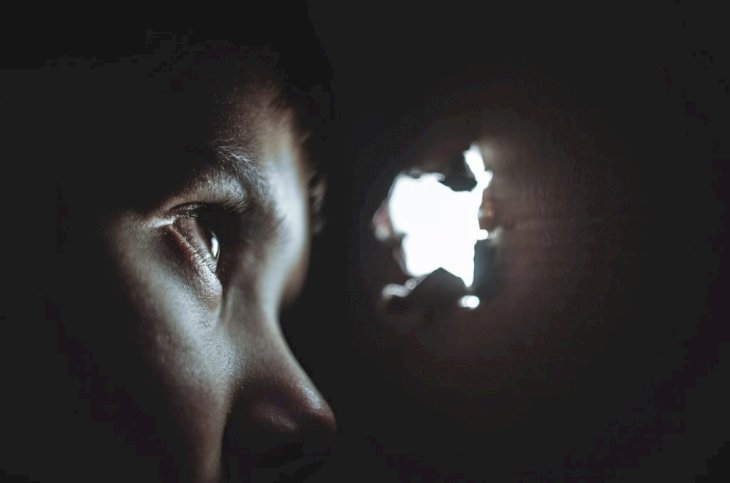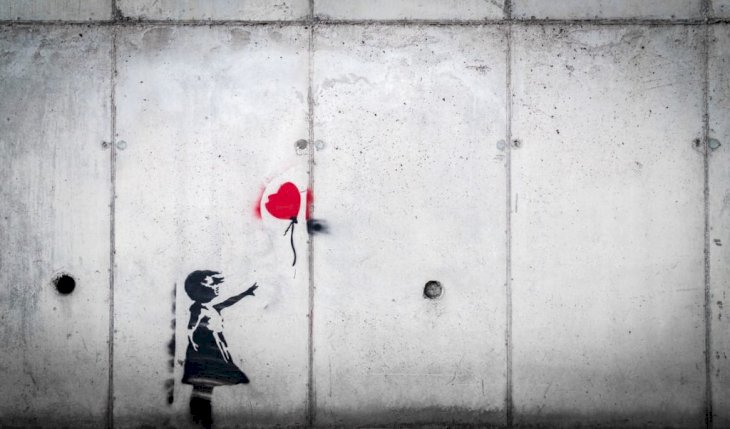
5 Tips To Dealing With A Major Traumatic Experience
Losing someone precious always hits differently, and no amount of time can make the hurt go away. But if you embrace your feelings and your current reality, the pain might ease a bit.
Time doesn't heal all wounds, but it sure helps decrease the intensity of the pain you feel. When you lose somebody close to your heart, the loss and trauma change you in a way that you can never be the same person again.
Often, we struggle with suppressing the pain and not allowing ourselves to grieve when we should. Read on to find out how you can better deal with trauma and grief, so they don't end up consuming you.
Don't Block Your Emotions.

Photo by Dmitry Ratushny on Unsplash
Often, we are told not to think about a sad incident or moment of profound loss and distract ourselves instead. The more we push the hurt away, the more strongly it will hit us and end up ruining our peace of mind and heart.
Embracing our feelings associated with a particular moment of loss is essential to feel relieved. Cry it out, vent if you want to, and just let yourself feel what you need to so that you can better control your emotions. Suppressed feelings can also lead to trauma, depression, and other life-threatening consequences.
Confide In A Loved One

Photo by Kulli Kittus on Unsplash
When dealing with immense pain and trauma, support from a friend or family member might help. Tell them everything you're going through and just let out all the hurt you're holding inside and seek comfort in their presence.
Human connections strive upon emotional support, so count on a loved one when you feel down and gloomy. They can lend you a listening ear, a shoulder to cry on, and a warm embrace so that you don't feel lost and abandoned.
Don't Let Others Dictate How You Should Feel.

Photo by Karim MANJRA on Unsplash
It does happen that sometimes when we seek someone's support, they start telling us how and what to feel. When we give people the power to dictate our feelings, we suppress all that we need to feel and get diverted by what qualifies as an acceptable reaction.
It would help if you understood that the people who genuinely care about you would never make fun of your feelings. They will not tell you to hammer yourself for your sentiments and sensitive nature or disregard the way you feel and everything you have endured.
Look After Yourself

Photo by Alisa Anton on Unsplash
You have to learn to look after yourself, especially when you're hurting and grieving a huge loss. While other people may only have so much time to spare, try to take care of yourself as much as you can. Eat properly, get adequate sleep, and take yourself out in nature to feel better.
Read a good book or watch a movie or tv show for good laughter therapy. Call a friend who wishes you well and talk about stuff that makes you happy. Make yourself some comfort food, sip your favorite coffee, or any other drink that calms your senses and lightens your mood.
Moving On Does Not Mean The Pain Is Over

Photo by Daphne Fecheyr on Unsplash
We tend to be under the wrong notion that moving on means forgetting what we've been through and ultimately getting over our grief. The healing time from a wound differs for everyone, and it involves just learning to accept your present situation.
Nobody's life is a bed of roses, and we all have our fair share of joy and sorrow. Please understand that time does not make the pain go away, but what it does do is make you strong enough to endure it and go on with your life.